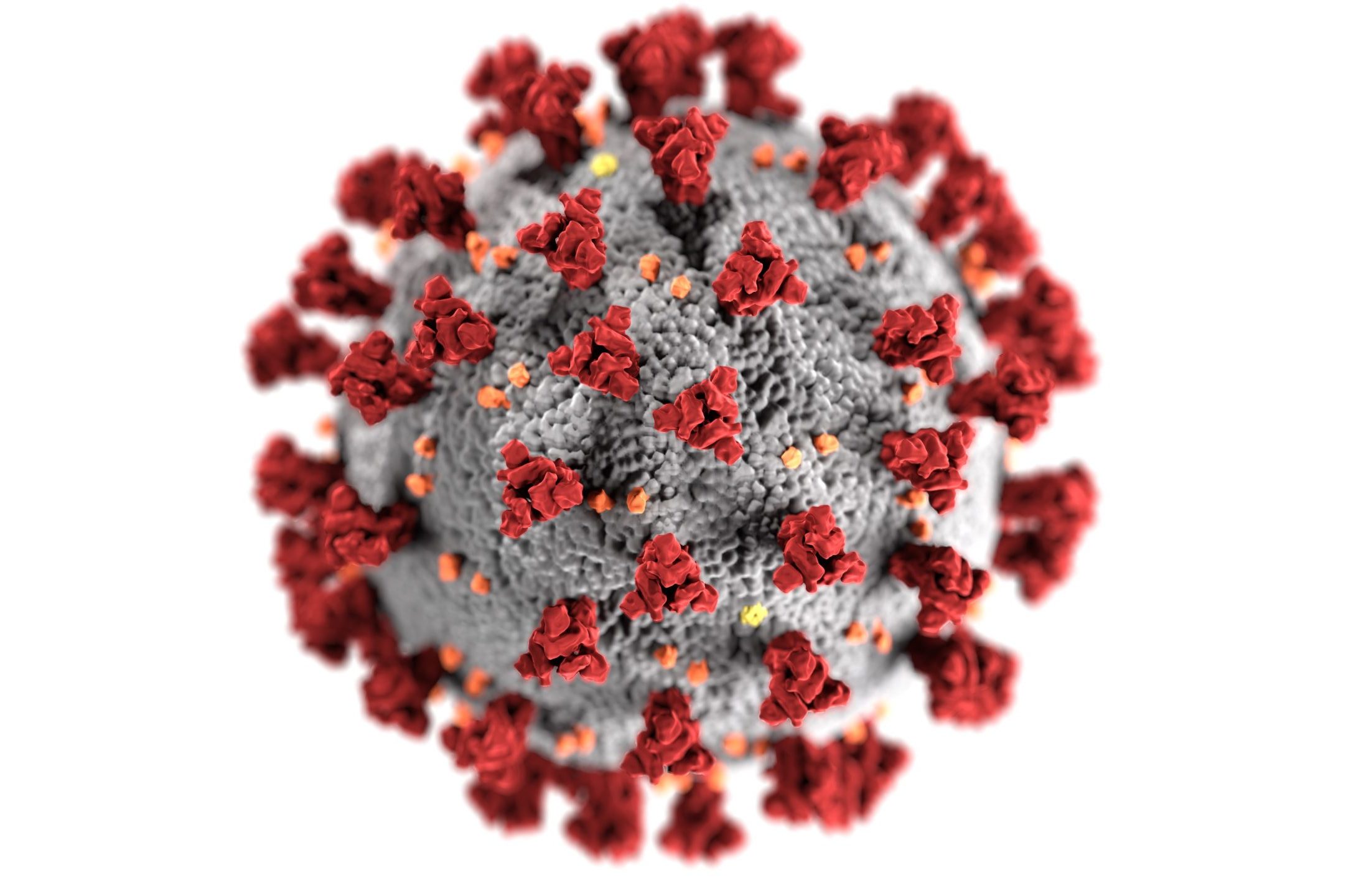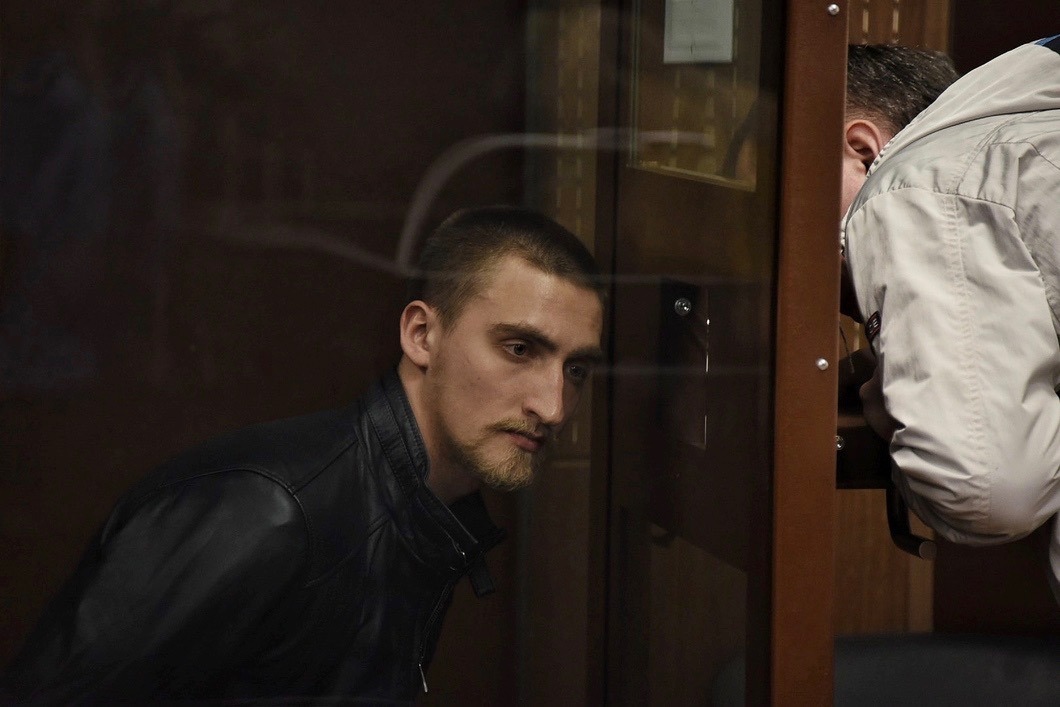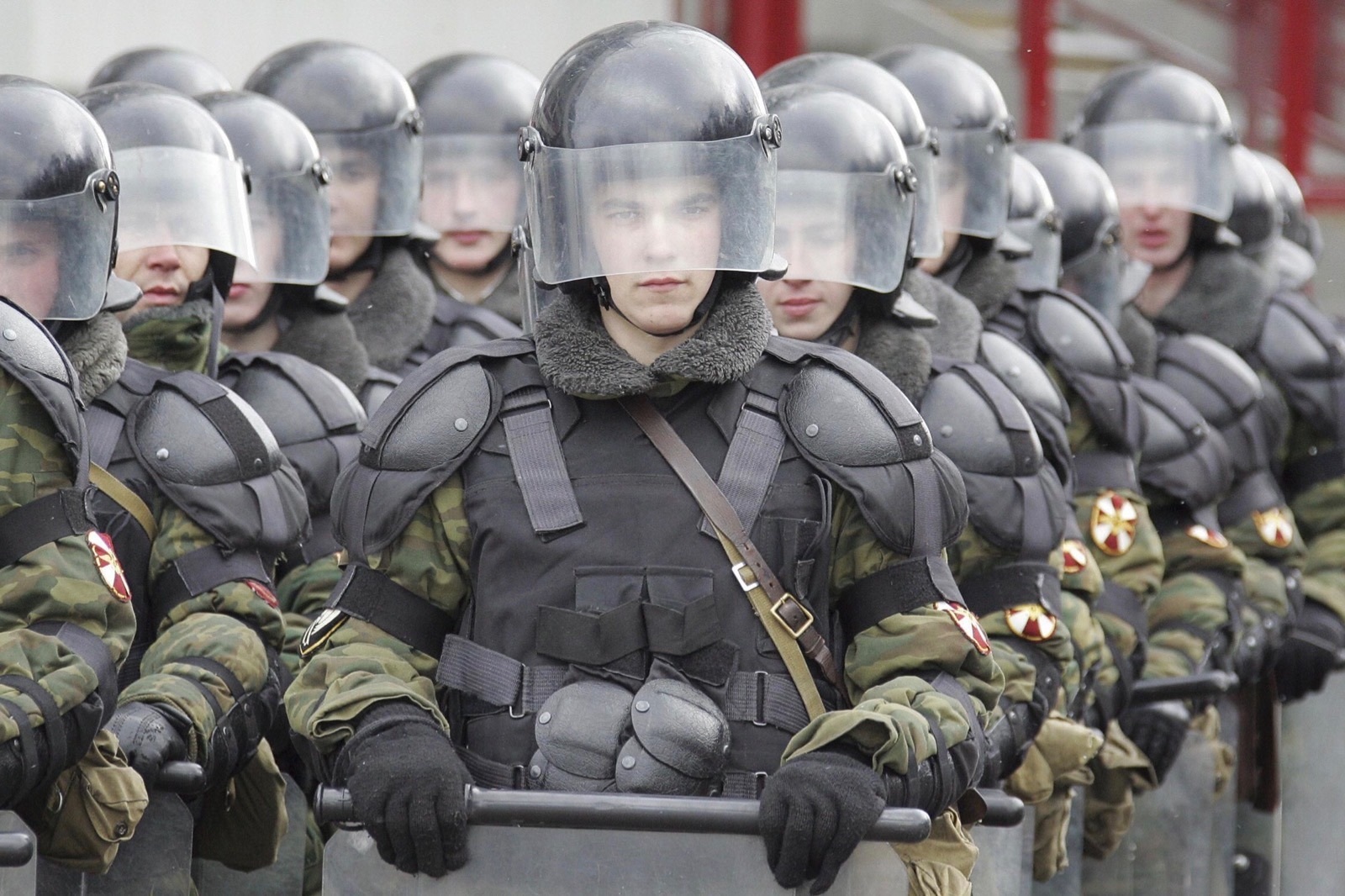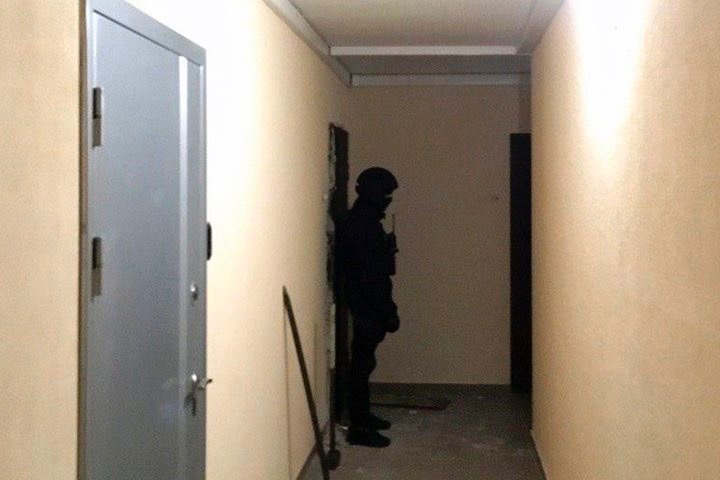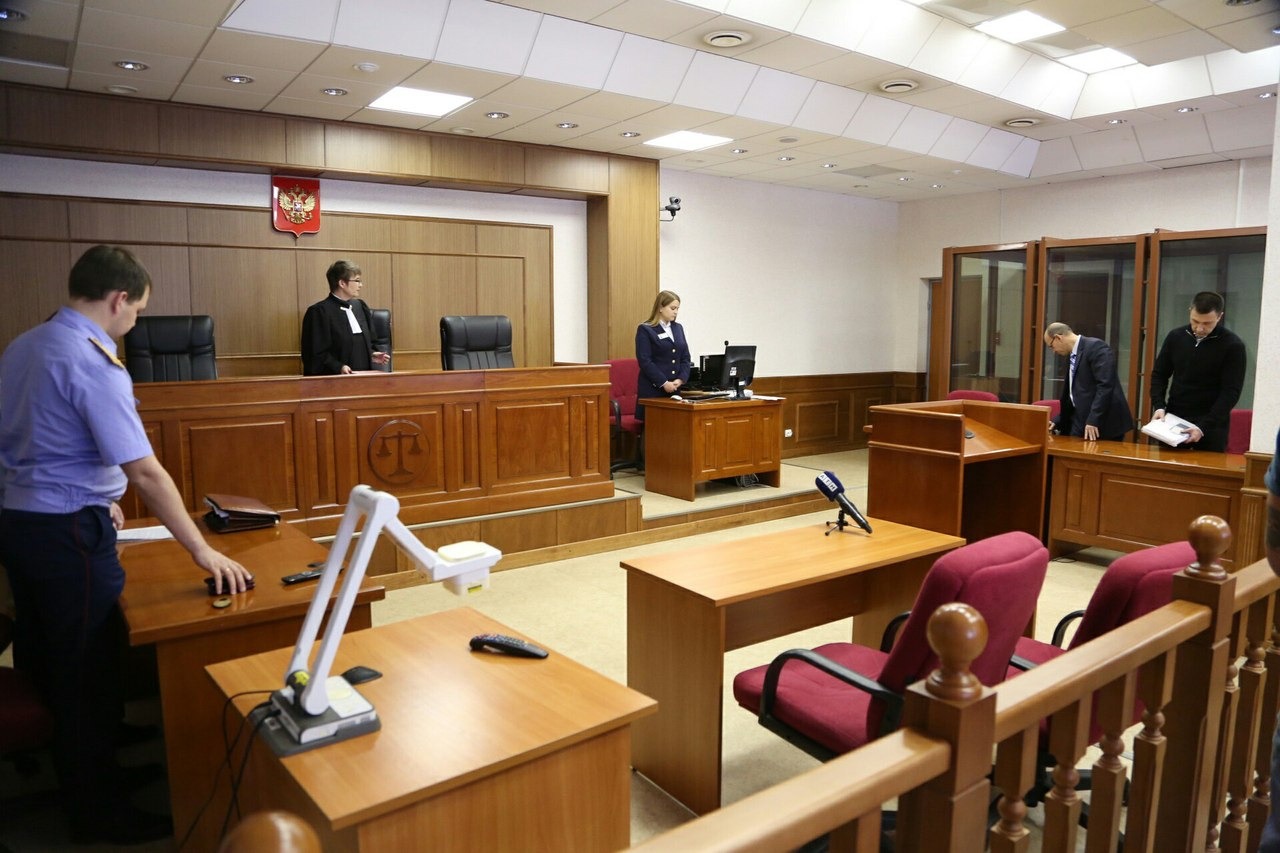The Office of the United Nations High Commissioner for Human Rights recorded 42 cases of enforced disappearances in Crimea during the period from 3 March 2014 to 30 June 2018. This is stated in the report on the observance of human rights on the peninsula, presented on the 13th of September in Kiev. This is what “Crimea. Realities¨ writes about.
“Among these victims (38 men and 4 women) there are 27 ethnic Ukrainians, 9 Crimean Tatars, 4 Tajiks, 1 person of mixed origin and 1 Uzbek. Twenty seven people were released after they were illegally detained for various periods – from a few hours to two weeks; 12 people remain missing and their relatives fear that they have died; two are in custody, one person was found dead”, the document states.
According to the authors of the study, the greatest number of enforced disappearances was recorded in 2014 (28 people); two cases occurred in 2015; three in 2016; seven in 2017; and two this year.
“In most cases documented during the reporting period, the perpetrator was named as the Federal Security Service of the Russian Federation, contrary to at the beginning of the occupation, when it was the ‘Crimean self-defence’ that was mentioned as occupying this role. Victims often recount having experienced physical violence and psychological pressure while being held in custody incommunicado”, the document says.
According to the Office of the United Nations High Commissioner for Human Rights, in none of the documented cases have the perpetrators been prosecuted, even though in seven of these cases Russia has recognized the victims of the disappearances as missing.
“The authorities have refused to open up an investigation or have discontinued the earlier opened investigations with regard to at least ten of the victims. The lack of progress in the investigation raises questions about its effectiveness”, the authors of the report note.
According to the activists, since the annexation of Crimea by Russia, 44 Crimean people have disappeared, 16 are still missing, six have been found dead, and two are still in prison.
Since the annexation of Crimea, the Russian authorities have performed large-scale searches for independent journalists, civil activists, activists in the Crimean Tatar national movement, members of the Mejlis of the Crimean Tatar people, and Crimean Muslims suspected of having links to the banned organization Hizb ut-Tahrir.


